Taking Flight: The Couple Bringing Bees to Melbourne Rooftops
In this extract from a new book we meet a couple of beekeepers with hives up high... and honey on tap
In Urban Homesteads, author Rebecca Gross takes a trip around the world to visit various urban homesteads, including a Berlin balcony, New York terrace, London rooftop, and backyards and houses in Australia, The Netherlands, and the United States. She talks to homeowners about the ingenious methods these urban homesteaders use to grow fruit and vegetables, keep bees and chickens, and attract pollinators to their gardens. In this extract she talks to a beekeeping couple from Melbourne, Victoria.
Image by Annika Kafcaloudis
Vanessa and Mat wanted more hives, but legal restrictions limit the number of hives based on land size. So they spoke to some of their chef friends who offered to host hives on the rooftop of their restaurants. Vanessa and Mat now have between 120 and 150 hives across 35 sites in Melbourne, including private residences and commercial buildings. Their honeybees fly up to five kilometres from the hives, pollinating gardens in and around the city.
Vanessa and Mat wanted more hives, but legal restrictions limit the number of hives based on land size. So they spoke to some of their chef friends who offered to host hives on the rooftop of their restaurants. Vanessa and Mat now have between 120 and 150 hives across 35 sites in Melbourne, including private residences and commercial buildings. Their honeybees fly up to five kilometres from the hives, pollinating gardens in and around the city.
Image by Annika Kafcaloudis
Helping to save the honeybee population, Vanessa and Mat are also raising awareness about the
importance of bees for the future of our cities, as well as supplying the community with honey that
tastes like their neighbourhood. It’s good for the health of the local environment and economy.
“Honey is a by-product of happy and healthy bees. They make honey for winter, but they store excess because they are so efficient and hardworking. Well-managed bees in a good environment leads to incredible excess of honey that we can take from them,” says Mat.
Helping to save the honeybee population, Vanessa and Mat are also raising awareness about the
importance of bees for the future of our cities, as well as supplying the community with honey that
tastes like their neighbourhood. It’s good for the health of the local environment and economy.
“Honey is a by-product of happy and healthy bees. They make honey for winter, but they store excess because they are so efficient and hardworking. Well-managed bees in a good environment leads to incredible excess of honey that we can take from them,” says Mat.
Image by Annika Kafcaloudis
“As a beekeeper you start to notice things you might not necessarily have observed otherwise. You become more in tune with what’s flowering, what’s in season, you’re always watching the weather because you need to be flexible and to work in with the bees and weather,” says Vanessa.
“We need pollinators for the future of our cities. We need to embrace green surroundings, otherwise we are living in a sterile environment.”
“As a beekeeper you start to notice things you might not necessarily have observed otherwise. You become more in tune with what’s flowering, what’s in season, you’re always watching the weather because you need to be flexible and to work in with the bees and weather,” says Vanessa.
“We need pollinators for the future of our cities. We need to embrace green surroundings, otherwise we are living in a sterile environment.”
Cover image by Deanna Talerico
Vanessa and Mat’s advice on how to start beekeeping:
1. Join your local beekeeping club and do a beekeeping course to learn how to manage bees.
2. Check out your local code of practice to ensure you abide by legal regulations in an urban
environment, and to complete any administrative paperwork, such as a beekeeping license if required.
3. Register your beehives so your local governing body can make you aware of any environmental activity that could affect your bees.
4. Look inside and put your head in a beehive before you buy one to understand the experience of the number and noise of bees. “The hum can be soothing. It can also be overwhelming for some people,” says Vanessa.
5. Find a mentor or beekeeping friend to learn from and bounce ideas off. “Someone with more experience can help ease your mind as to what you think is going on inside the hive.
There are a lot of variables and things happening inside the hive. We understand certain cycles and a little bit about bee behaviour, but there is a lot we don’t know,” says Vanessa.
This extract is from Urban Homesteads: How to Live a More Sustainable Lifestyle is by
Rebecca Gross, The Images Publishing Group, Melbourne 2021. Buy it here.
Your turn
Are you a beekeeper? Tell us about your experience. Do you have any advice to newbies? Tell us in the Comments below.
More
Find Melbourne City Rooftop Honey here.
Vanessa and Mat’s advice on how to start beekeeping:
1. Join your local beekeeping club and do a beekeeping course to learn how to manage bees.
2. Check out your local code of practice to ensure you abide by legal regulations in an urban
environment, and to complete any administrative paperwork, such as a beekeeping license if required.
3. Register your beehives so your local governing body can make you aware of any environmental activity that could affect your bees.
4. Look inside and put your head in a beehive before you buy one to understand the experience of the number and noise of bees. “The hum can be soothing. It can also be overwhelming for some people,” says Vanessa.
5. Find a mentor or beekeeping friend to learn from and bounce ideas off. “Someone with more experience can help ease your mind as to what you think is going on inside the hive.
There are a lot of variables and things happening inside the hive. We understand certain cycles and a little bit about bee behaviour, but there is a lot we don’t know,” says Vanessa.
This extract is from Urban Homesteads: How to Live a More Sustainable Lifestyle is by
Rebecca Gross, The Images Publishing Group, Melbourne 2021. Buy it here.
Your turn
Are you a beekeeper? Tell us about your experience. Do you have any advice to newbies? Tell us in the Comments below.
More
Find Melbourne City Rooftop Honey here.


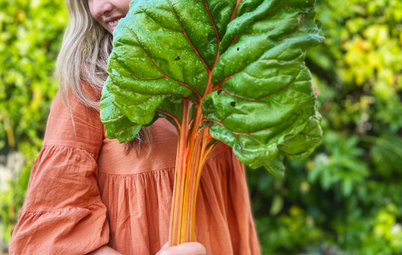
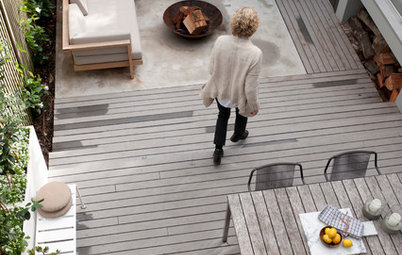
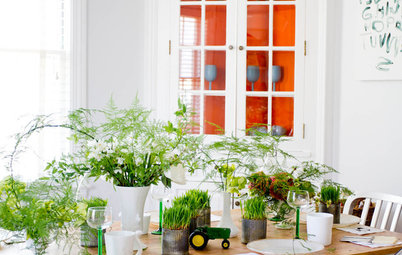
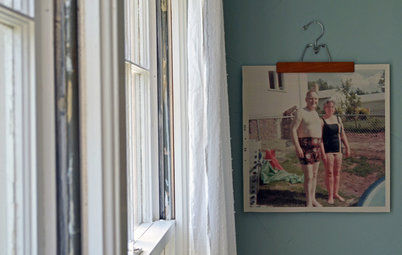
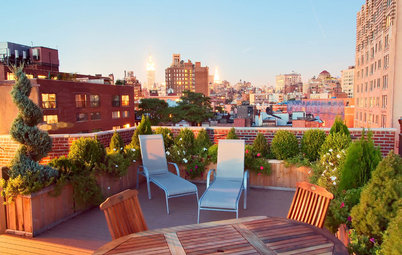
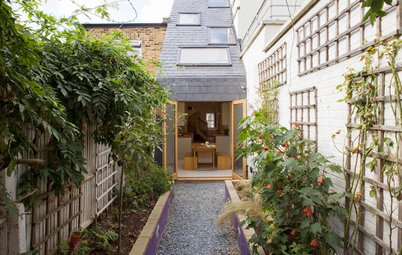
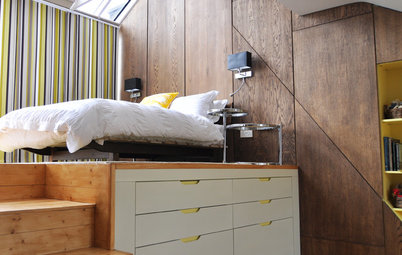
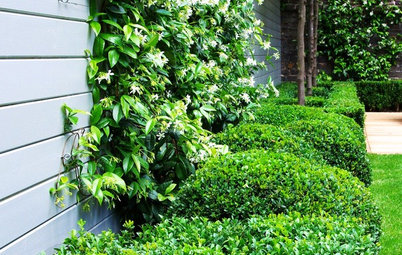
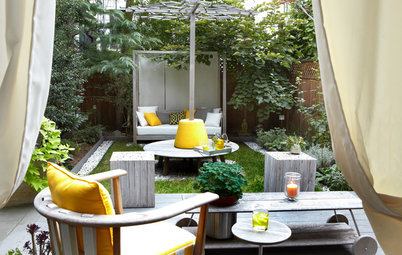
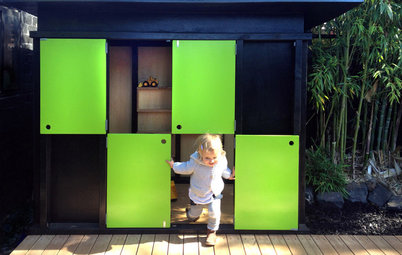
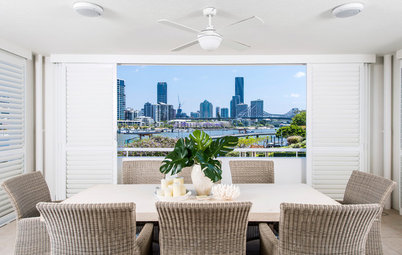
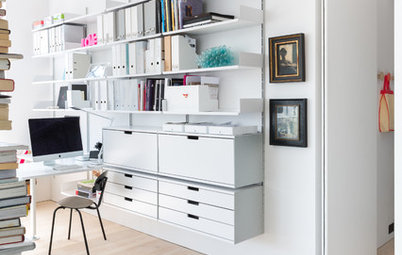
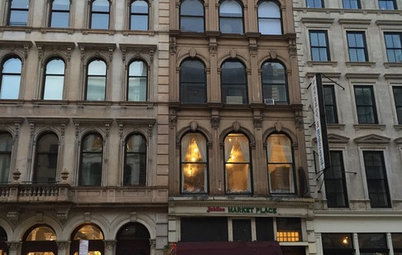
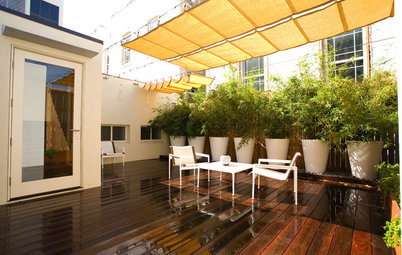
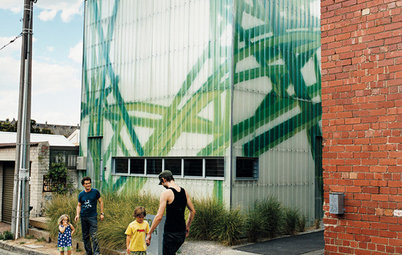

Vanessa Kwiatkowski and Mat Lumalasi, founders of Melbourne City Rooftop Honey, started beekeeping as a hobby in 2007 but it soon parlayed into a business. Having done a course in beekeeping, they got involved with their local bee club, and started with one beehive in their backyard, quickly adding a second.